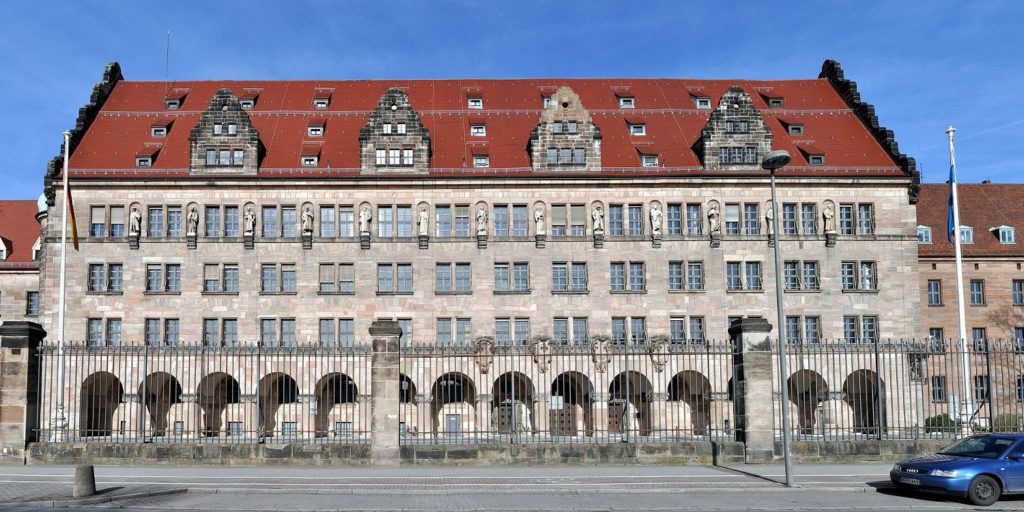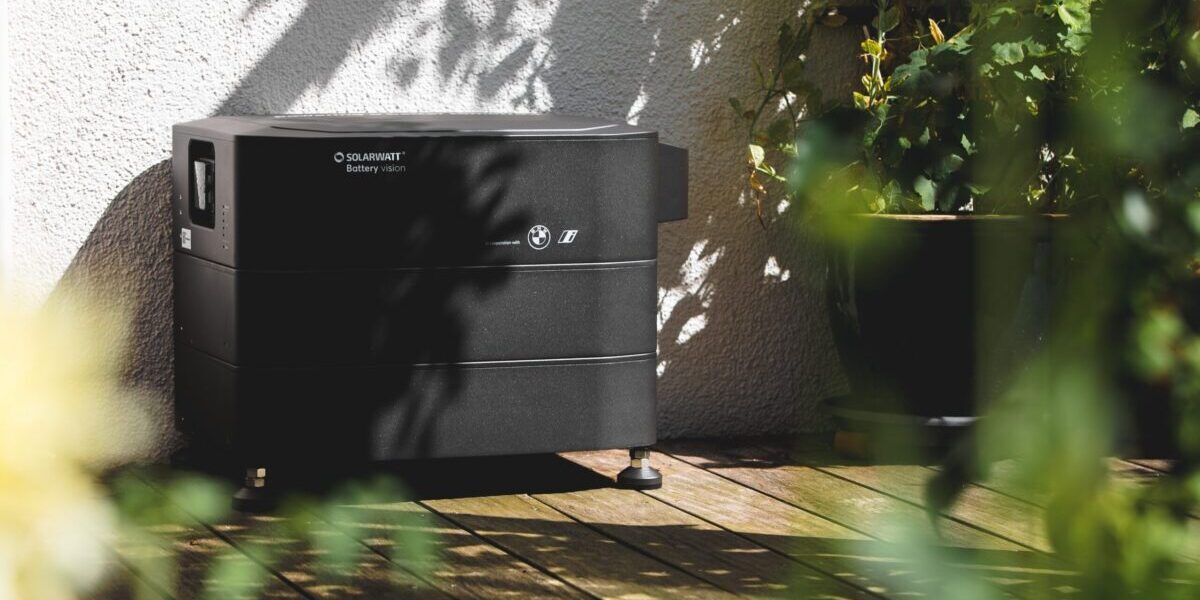In 2013, China and the EU agreed to set a minimum import price for Chinese solar modules. The undertaking was aimed at allowing Chinese manufacturers to avoid the payment of antidumping and anti-subsidy countervailing duties previously introduced by the EU.
Although large Chinese solar module makers accepted the undertaking, it seems now that some of them have tried to sell their products under the minimum price. According to German portal Focus online, just one of the cases is worth €110 million in tax fraud and evaded duties. The portal cites documents from the local customs authority. Several investigations are currently being conducted in Darmstadt, Bremen and Nürnberg-Fürth. According to Focus online, the judicial authorities spoke about a “Solar mafia”.
Since the end of March, the court of Nürnberg-Fürth is investigating four persons related to the German subsidiary of the Chinese manufacturer Risen Energy, according to a statement provided to pv magazine by a spokesperson of the public prosecutor’s office. Two of the persons, the spokesperson added, were arrested. An opening date for the proceeding, however, was not set yet. The prosecutor’s office has not said the amount of the damage sum. The Chinese parent company of Risen Energy GmbH denied its involvement in market manipulations and illegal business.
Furthermore, the article reports that the Chinese manufacturers have imported their products into the EU through a stopover in Taiwan, Vietnam, India, Thailand or Malaysia. The real origin of the modules was hidden by using falsified documents in order to avoid the antidumping and anti-subsidy duties. In some case, invoices were falsified through cash-back payments.
Since the beginning of this year, the minimum import price for crystalline solar modules for China is €0.46 ($50.3)/W. On the other hand, several Chinese companies have withdrawn from the undertaking over the past months, in some cases voluntarily, while in other cases it was the EU that decided to exclude the companies due to violations of the agreement.
Risen Energy asked to voluntarily withdraw from the undertaking in September 2016. All the Chinese producers that are now out of the undertaking must pay antidumping and anti-subsidy duties on products manufactured in China.
German financial newspaper Handelsblatt reports that Risen Energy GmbH saw its revenue fall after the introduction of the duties. In 2013, the Risen's German unit achieved a turnover of €75.9 million, while the following year revenue came in at only €300,000. According to the investigation of the German custom authority, ten German and Chinese persons were involved in this illegal trade, Focus online reports.
The customs authorities of Munich and Münster started their respective investigations in 2015. About 200 containers containing solar modules imported from China with falsified documents were discovered at the Port of Hamburg. In the case of Risen Energy only, Focus online reports, there are approximately €110 million in tax frauds and evaded duties.
pv magazine has also seen evidence that Risen Energy could have been circumventing duties at the end of last year. An industry source revealed that Risen Energy was buying back part of the confiscated modules through subsequent payment of duties. pv magazine has seen a document proving that Risen modules were offered at €0.425/W in Germany. According to the source, this could have been the price of the modules before their confiscation. At the time, 50% duties were applied to Chinese producers.
The European Anti-Fraud Office (Olaf) is also investigating on the case. According to Handelsblatt, there are currently 15 proceedings under examination.
The Solarworld-led association EU Prosun claims that damages for circumvention of duties by Chinese manufacturers may reach €400 million. In early March, the European Commission decided to extend the antidumping and anti-subsidy duties for 18 months.
This content is protected by copyright and may not be reused. If you want to cooperate with us and would like to reuse some of our content, please contact: editors@pv-magazine.com.




Solarworld is leading a war between china and germany. but germany products are too expensive…we should buy more products from outside cheaper and better quality
Solarworld’s leading a blackmail and kid-naping from Chinese people, Solarworld uses Chinese people and government to get his BELOVED 400 million Euros back from these poor companies.